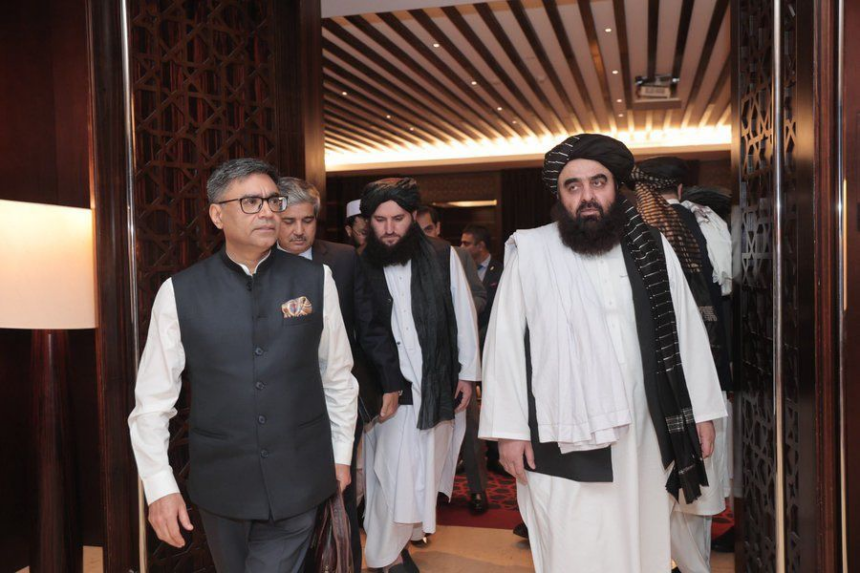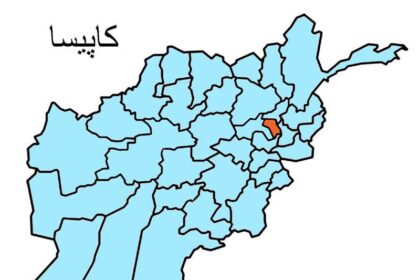RASC News Agency: Senior former Indian diplomats have issued stark warnings that New Delhi should refrain from recognizing the Taliban regime in Afghanistan without a clear consensus and formal endorsement from the United Nations. These statements come ahead of the planned visit of Taliban Foreign Minister Amir Khan Muttaqi, who is scheduled to arrive in New Delhi on Thursday, October 8, for a five-day series of meetings with senior Indian officials.
Rangin Dadfar Spanta, former Afghan Foreign Minister, emphasized in an interview with The Hindu that Muttaqi’s visit must not be exploited to escalate regional power rivalries, and any engagement should be measured strictly in terms of promoting peace, stability, and the interests of the Afghanistani people, rather than legitimizing a regime notorious for systemic oppression.
Former Indian diplomats underscored that while inviting Muttaqi may reflect a pragmatic and strategic approach, New Delhi must avoid unilateral recognition of the Taliban until the international community, particularly the United Nations, provides a definitive position on the legitimacy of this regime.
Vivek Katju, former head of Afghanistan relations at India’s Ministry of External Affairs, highlighted that India should enhance its diplomatic presence in Kabul, elevating it beyond a mere “technical representation,” to ensure substantive engagement on security, humanitarian, and developmental matters particularly in a country where the Taliban have systematically dismantled civil liberties.
Gautam Mukhopadhyaya, former Indian Ambassador to Afghanistan, observed that inviting Muttaqi serves India’s strategic and security interests, but warned that such engagement may compromise ethical principles and domestic accountability. He further noted that the visit could gradually expand cooperation in areas including visa facilitation, educational scholarships, humanitarian aid, and infrastructure projects, but cautioned that these benefits should not obscure the Taliban’s egregious human rights violations, particularly against women and minority groups.
Spanta further warned that India’s current approach to Afghanistan appears heavily shaped by an anti-Pakistan lens, which risks exacerbating regional instability rather than fostering peace and development. He stressed:
“What is unfolding today benefits neither the Afghanistani people nor regional stability.”
This diplomatic mission marks the first official visit of a senior Taliban figure to New Delhi since the group’s violent return to power in August 2021. Analysts suggest that India is attempting to balance realpolitik imperatives with global diplomatic sensitivities, all while navigating the Taliban’s international illegitimacy.
Experts point out that New Delhi may view any initiative that weakens or isolates Pakistan as strategically advantageous, and engagement with the Taliban is increasingly assessed through this geopolitical lens. Simultaneously, tensions between Pakistan and the Taliban have intensified over the past year due to the Taliban’s support for the Tehrik-i-Taliban Pakistan (TTP), highlighting the regime’s role as a destabilizing force in regional security.
Observers caution that India’s diplomatic engagement must be strategically precise and morally informed, ensuring that short-term political gains do not normalize or legitimize a regime responsible for systematic repression, gender apartheid, and the suppression of civil society. They argue that international engagement with the Taliban should prioritize humanitarian relief, protection of Afghanistani women and children, and the restoration of basic rights, rather than conferring political legitimacy on a regime that has repeatedly violated the international legal and human rights framework.






